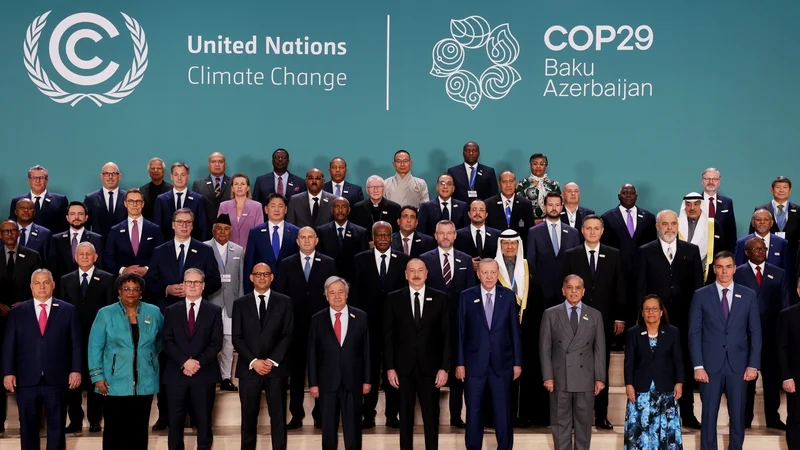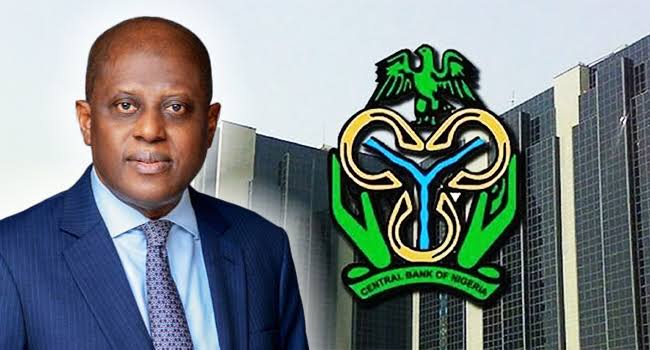UN Climate Chief Calls for Urgent Boost in Climate Finance at COP30
In a powerful address at the third High-Level Ministerial Dialogue on climate finance during COP30 in Belém, Brazil, UN Climate Change Executive Secretary Simon Stiell emphasized the critical need to increase climate funding for developing nations to prevent the stagnation of global climate action.
Speaking on Saturday, Stiell characterized climate finance as the “lifeblood of climate action” that transforms ambitious plans into concrete progress. The dialogue aimed to restore trust by providing clarity on resources available to vulnerable nations for their climate initiatives.
The climate summit, running from November 6-21, has drawn delegates from over 180 countries to discuss crucial climate action strategies. This year’s conference focuses on maintaining the 1.5°C temperature rise limit, reviewing new national commitments, and implementing financial pledges from COP29 in Baku, Azerbaijan.
During the opening session, UN Secretary-General António Guterres stressed that COP30 “must ignite a decade of acceleration and delivery,” highlighting the 1.5°C limit as a “red line for humanity.”
Nigeria’s Participation and Preparedness Prior to COP30, Nigerian President Bola Tinubu approved several significant climate initiatives, including a national carbon market framework and the operationalization of the climate change fund. Vice President Kashim Shettima, representing Tinubu, emphasized Nigeria’s intention to leverage COP30 for securing climate-resilient project funding, particularly from the global carbon market.
NCCC Director-General Omotenioye Majekodunmi outlined Nigeria’s potential to access up to $3 billion annually through the new carbon market framework, with Finance Minister Wale Edun pledging support for these initiatives.
Financial Challenges and Commitments The dialogue highlighted persistent challenges in climate finance, including widening adaptation gaps and mounting debt burdens affecting vulnerable nations. COP29’s agreement requires wealthy nations to mobilize $300 billion annually for developing countries by 2035, totaling $1.3 trillion in climate finance.
Stiell emphasized the need to triple outflows from UNFCCC climate funds by 2030, including the Adaptation Fund and Special Climate Fund. He stressed that climate finance isn’t merely charitable giving but “smart economics” and “the growth story of the 21st century.”
Looking Forward The UN climate chief called for simplified access to funding, reduced transaction costs, and addressing systemic barriers like heavy debt and limited fiscal space. He advocated for increased use of innovative financial instruments to attract private investment in climate-resilient development.
Concluding his address, Stiell emphasized that “when finance flows, ambition grows,” urging countries to recommit to the Paris Agreement’s principles of predictability, transparency, and shared purpose to achieve climate action benefits “for everyone, everywhere.”







Leave a Comment